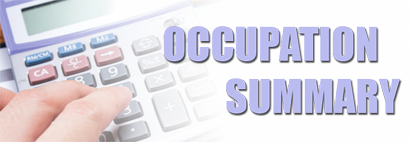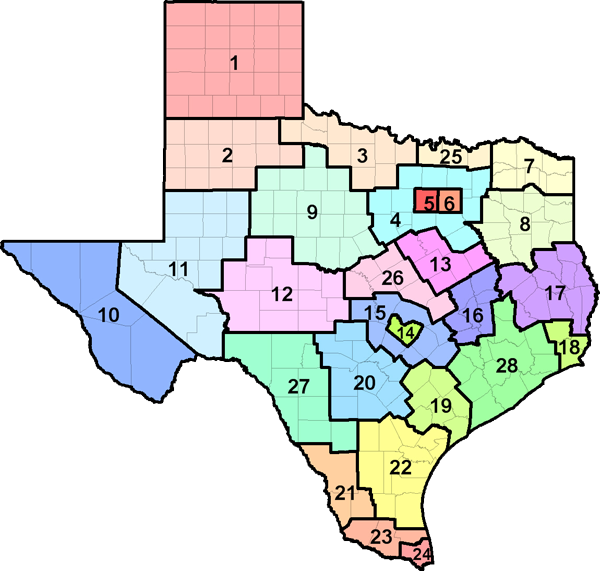The U.S. Department of Labor has developed an automated occupational information database, O*NET, that identifies and describes work content, work skills, and training requirements for all jobs across the country in all sectors of the economy. Much of the occupational information contained in this report is derived directly from the O*NET database, and supplemented with information from the Bureau of Labor Statistics, Census Bureau, and Labor Market and Career Information.

| Industry | % of Advanced Practice Psychiatric Nurses employed | Annual Growth Rate |
|---|---|---|
| General medical and surgical hospitals | 55.2 | 0.34 |
| Offices of physicians | 6.6 | 0.28 |
| Home health care services | 5.5 | 1.86 |
| Outpatient care centers | 4.9 | 1.71 |
| Nursing care facilities (skilled nursing facilities) | 4 | -0.27 |
| Employment services | 3.7 | 0.54 |
| Specialty (except psychiatric and substance abuse) hospitals | 2.3 | 0.89 |
| Elementary and secondary schools | 2 | 0.02 |
| 2023 Statewide average hourly wage | $43.37 |
| 2023 National average hourly wage | $45.42 |
| 2022 National employment | 3,172,500 |
| 2022 Texas employment | 233,854 |
| Texas projected employment by 2032 | 267,981 |
| Texas projected annual employment and Turnover openings through 2032 | 16,904 |

| Region | Employment | Projected Employment 2032 | Projected Annual Openings 2032 |
Annual Growth Rate |
Average Income |
|---|---|---|---|---|---|
| Texas (all regions) | 233,854 | 267,981 | 16,904 | 1.37% | $90,214.00 |
| Top 10 Relevant Knowledge Areas | Relevant Importance Levels |
|---|---|
| Psychology Knowledge of human behavior and performance; individual differences in ability, personality, and interests; learning and motivation; psychological research methods; and the assessment and treatment of behavioral and affective disorders. |
|
| Therapy and Counseling Knowledge of principles, methods, and procedures for diagnosis, treatment, and rehabilitation of physical and mental dysfunctions, and for career counseling and guidance. |
|
| English Language Knowledge of the structure and content of the English language including the meaning and spelling of words, rules of composition, and grammar. |
|
| Medicine and Dentistry Knowledge of the information and techniques needed to diagnose and treat human injuries, diseases, and deformities. This includes symptoms, treatment alternatives, drug properties and interactions, and preventive health-care measures. |
|
| Biology Knowledge of plant and animal organisms, their tissues, cells, functions, interdependencies, and interactions with each other and the environment. |
|
| Sociology and Anthropology Knowledge of group behavior and dynamics, societal trends and influences, human migrations, ethnicity, cultures, and their history and origins. |
|
| Education and Training Knowledge of principles and methods for curriculum and training design, teaching and instruction for individuals and groups, and the measurement of training effects. |
|
| Customer and Personal Service Knowledge of principles and processes for providing customer and personal services. This includes customer needs assessment, meeting quality standards for services, and evaluation of customer satisfaction. |
|
| Law and Government Knowledge of laws, legal codes, court procedures, precedents, government regulations, executive orders, agency rules, and the democratic political process. |
|
| Chemistry Knowledge of the chemical composition, structure, and properties of substances and of the chemical processes and transformations that they undergo. This includes uses of chemicals and their interactions, danger signs, production techniques, and disposal methods. |
| Top 10 Relevant Skill Areas | Relevant Importance Levels |
|---|---|
| Active Listening Giving full attention to what other people are saying, taking time to understand the points being made, asking questions as appropriate, and not interrupting at inappropriate times. |
|
| Social Perceptiveness Being aware of others' reactions and understanding why they react as they do. |
|
| Speaking Talking to others to convey information effectively. |
|
| Writing Communicating effectively in writing as appropriate for the needs of the audience. |
|
| Reading Comprehension Understanding written sentences and paragraphs in work-related documents. |
|
| Critical Thinking Using logic and reasoning to identify the strengths and weaknesses of alternative solutions, conclusions, or approaches to problems. |
|
| Monitoring Monitoring/Assessing performance of yourself, other individuals, or organizations to make improvements or take corrective action. |
|
| Judgment and Decision Making Considering the relative costs and benefits of potential actions to choose the most appropriate one. |
|
| Time Management Managing one's own time and the time of others. |
|
| Active Learning Understanding the implications of new information for both current and future problem-solving and decision-making. |
| Top 10 Relevant Abilities | Relevant Importance Levels |
|---|---|
| Problem Sensitivity The ability to tell when something is wrong or is likely to go wrong. It does not involve solving the problem, only recognizing that there is a problem. |
|
| Oral Expression The ability to communicate information and ideas in speaking so others will understand. |
|
| Oral Comprehension The ability to listen to and understand information and ideas presented through spoken words and sentences. |
|
| Written Comprehension The ability to read and understand information and ideas presented in writing. |
|
| Deductive Reasoning The ability to apply general rules to specific problems to produce answers that make sense. |
|
| Inductive Reasoning The ability to combine pieces of information to form general rules or conclusions (includes finding a relationship among seemingly unrelated events). |
|
| Written Expression The ability to communicate information and ideas in writing so others will understand. |
|
| Speech Recognition The ability to identify and understand the speech of another person. |
|
| Speech Clarity The ability to speak clearly so others can understand you. |
|
| Information Ordering The ability to arrange things or actions in a certain order or pattern according to a specific rule or set of rules (e.g., patterns of numbers, letters, words, pictures, mathematical operations). |